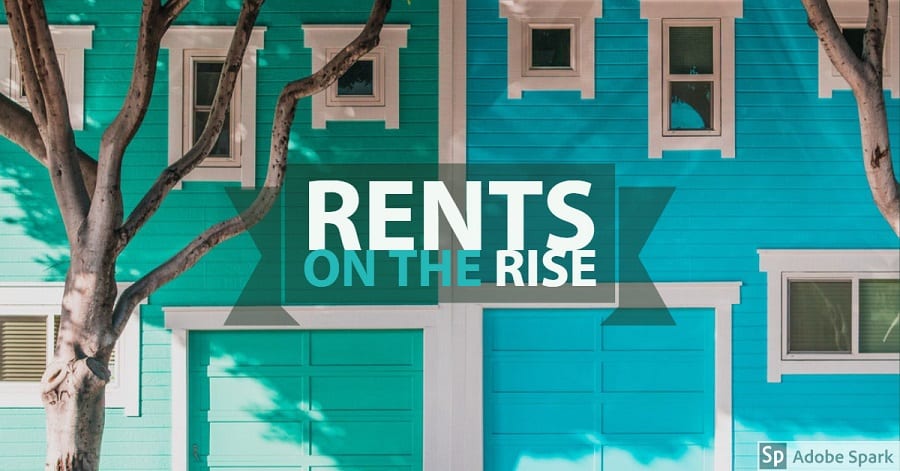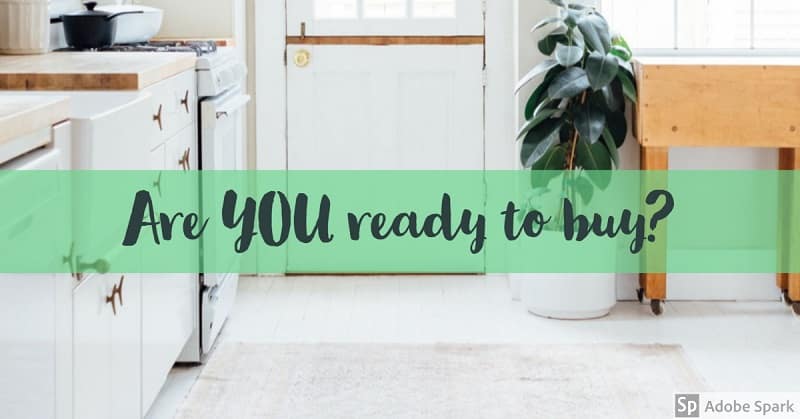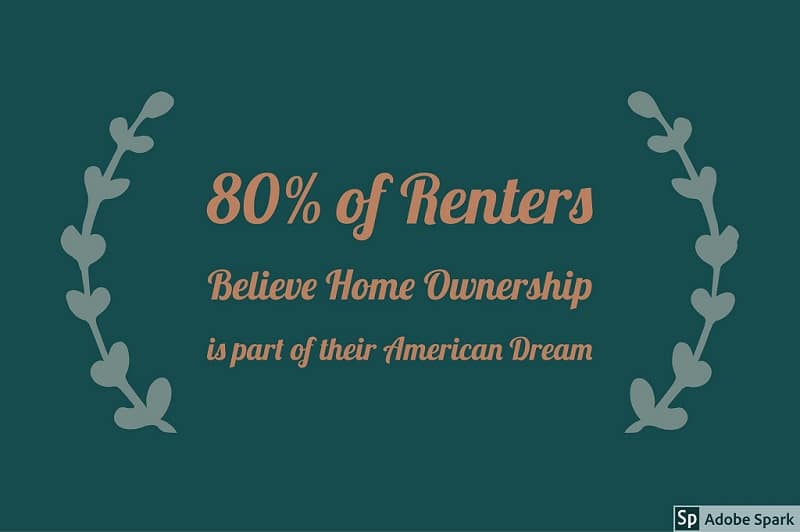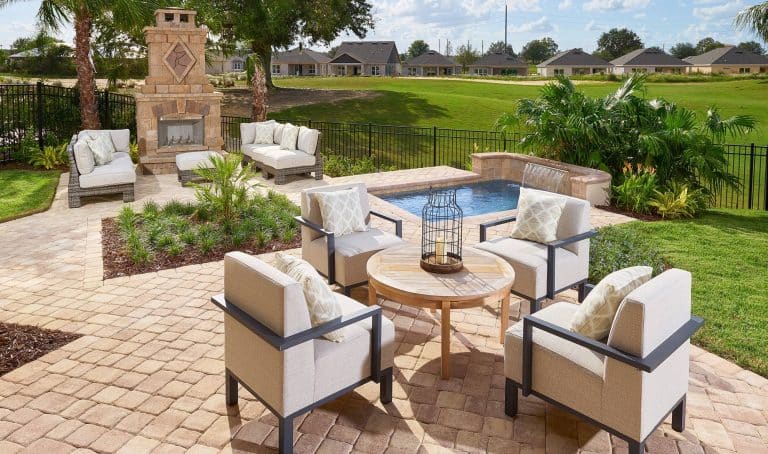by Elsa Soto | Aug 7, 2018 | Blog, Long Term Rental, News, Press Releases, Real Estate News
Property Management Uses Tech to Help Landlords, Tenants ORLANDO, Fla. – Aug. 6, 2018 – When a tenant moved out of the College Park home Ruth Zimmermann grew up in, the Los Angeles woman decided it was time to hire a Property Management Professional. “You...

by Elsa Soto | Jul 11, 2018 | Blog, Investment Property in Florida, Long Term Rental, News, Real Estate News, Renters
Study: Most average Fla. rents rise 3%-8% year-to-year ORLANDO, Fla. – July 10, 2018 – A RentCafe study that looked at average rents in many Fla. cities found that Hollywood (up 9.6 percent) and Orlando (up 8.4 percent) had the greatest year-to-year increases. Out of...

by Elsa Soto | May 16, 2018 | Homes, Villas and Condos, Investment Property in Florida, Long Term Rental, News, Property for Sale
So, how do you know if you’re ready to move from an apartment to a house? Maybe you’ve passed your step tracker hauling groceries up flights of stairs, or you simply just want the extra space for your belongings. Ask yourself these questions below to get a sense...

by Elsa Soto | Feb 28, 2018 | Homes, Villas and Condos, Investment Property in Florida, Long Term Rental
Real estate investing in general, and single-family real estate investing in particular, is very different from buying stocks, commodities or most other investments. Real estate is a leveraged investment that has the potential for delivering excellent returns because...

by Elsa Soto | Feb 23, 2018 | Long Term Rental, News, Property for Sale in Orlando, Renters
Is Homeownership a Part of Your American Dream? Are You Ready for Homeownership? According to the latest Aspiring Home Buyers Profile by the National Association of Realtors (NAR), 82% of surveyed renters desire to own a home in the future, with 80% believing...

by Elsa Soto | Nov 2, 2017 | Homes, Villas and Condos, Investment Property in Florida, Long Term Rental
Central Florida Single-Family Home Long Term Rentals Make a Climb! Let’s talk about the future of your home. Maybe you’ve been thinking of selling… maybe you’ve been contemplating Long Term Rental. The housing market consists of various home...






